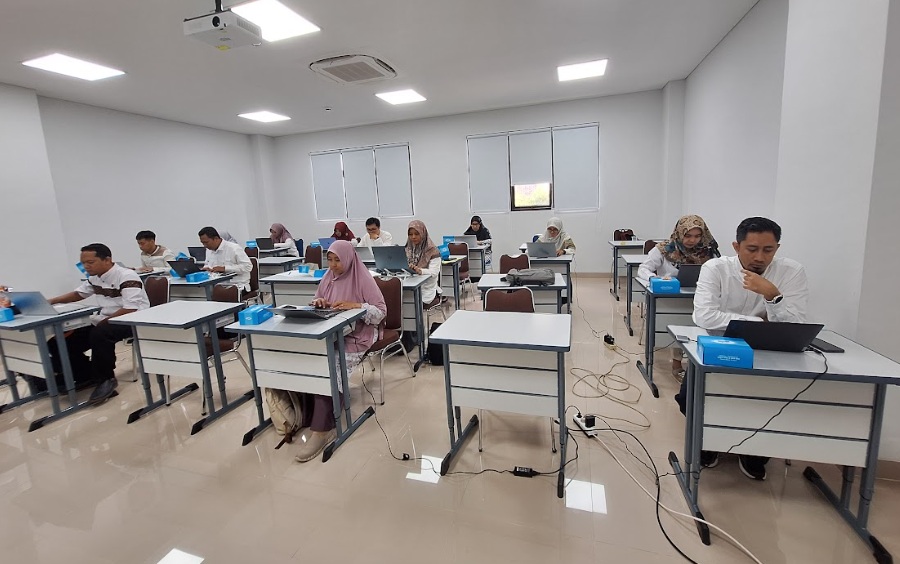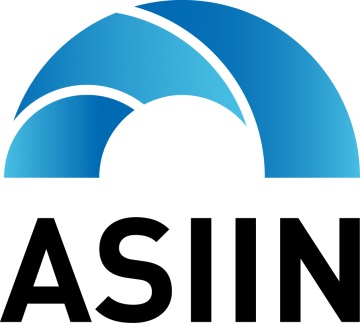 Bahasa Indonesia
Bahasa Indonesia English
English
You are here
UNY Science Education New Curriculum: Strengthening Science Content, Adaptive Technology, and Local Potentials
Primary tabs

The Department of Science Education, FMIPA UNY held two important agendas in the framework of compiling and improving the curriculum of the S1, S2, and S3 Science Education Study Programs, which were enthusiastically attended by lecturers. These two strategic activities include Formulation of Study Materials, Courses and Curriculum Structure, and Sanctioning Draft Curriculum. The main focus in developing the curriculum of the S1 Science Education Study Program this year is to strengthen science content and integrate adaptive technology according to current developments. Although local potential has long been a part of science learning at UNY, now further steps are being taken by instilling the latest technological approaches in various courses.
The technology carried is not only as an aid, but as an integral part of graduate competency, such as in courses related to robotics, SDGs, and science computing for science data. This aims to produce graduates who not only understand the content, but are also able to apply it in innovative and transformative contexts. The new S1 Science Education curriculum no longer requires students to take courses from outside the study program. This is a strategy to strengthen and focus learning on pure and applied science content, as well as expand the space for innovation in learning based on pedagogy and technology.
Several new and revitalized content courses will be present again in the curriculum to ensure the link between theory and practice, and strengthen the competence of graduates as 21st century science educators. In the curriculum draft sanctioning activity, all lecturers participated in providing critical input on the curriculum structure and compiling descriptions and Course Learning Outcomes (CPMK). This process ensures that each course has a clear direction and contribution in forming the profile of superior graduates. This activity is real evidence of a joint commitment to presenting a contextual, innovative, and highly competitive curriculum, not only at the national level, but also globally.
Kontak Kami
Program Studi Pendidikan IPA
FMIPA Universitas Negeri Yogyakarta
Kampus Karangmalang Yogyakarta 55281
Email: s1pend_ipa@uny.ac.id
Instagram: @depdikipauny


Copyright © 2026,


